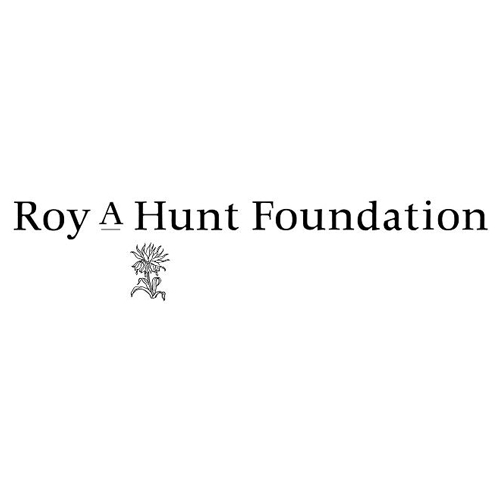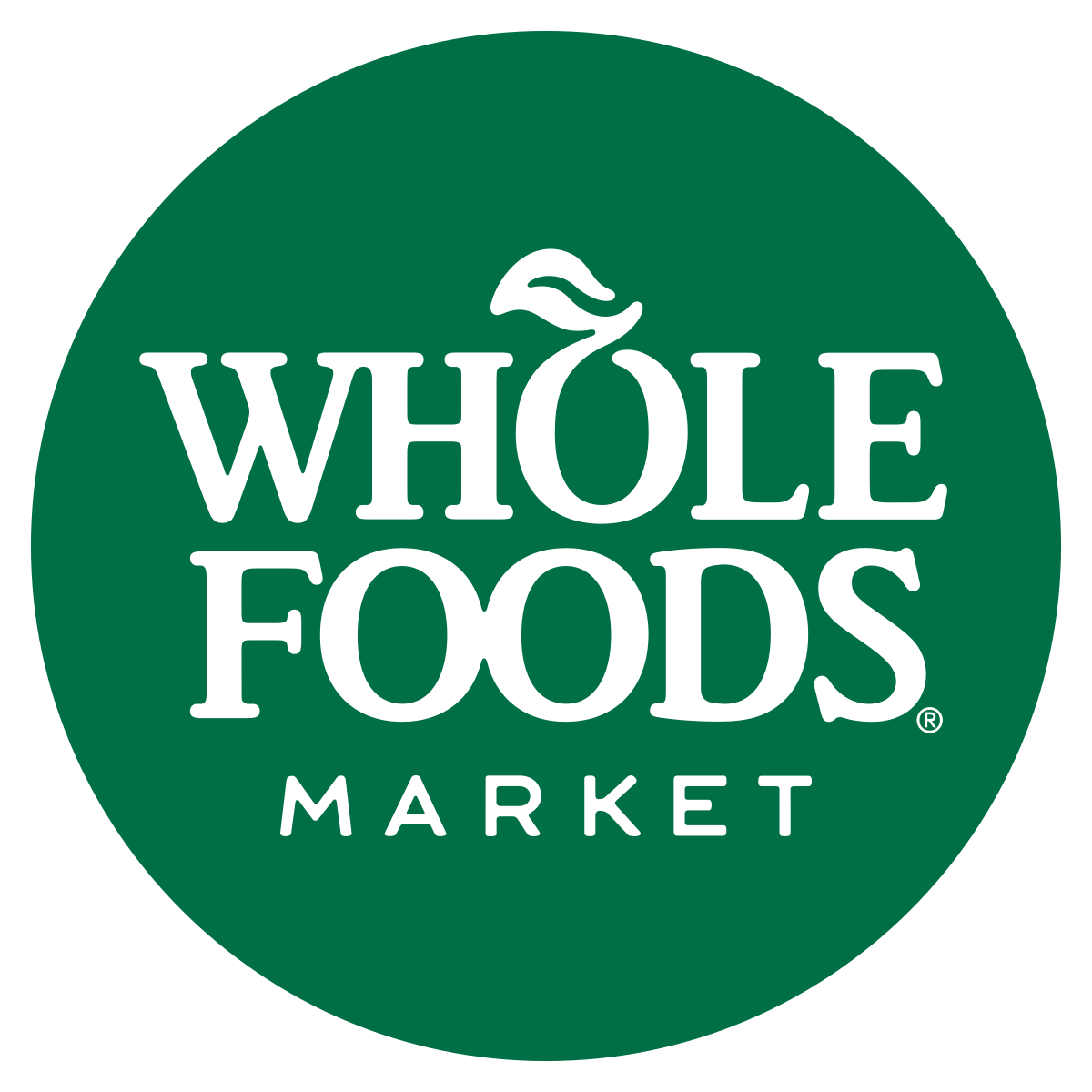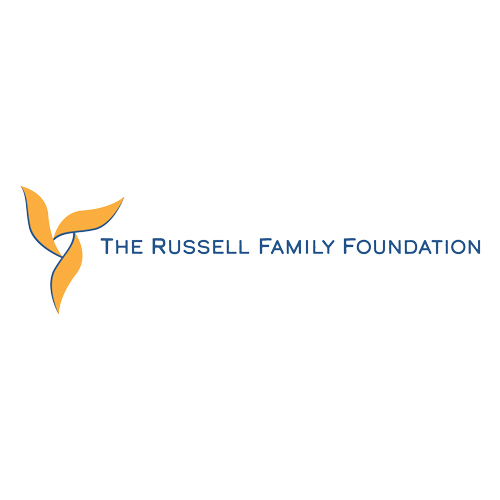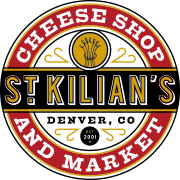National Resilience Fund
The COVID-19 pandemic has revealed great challenges in our food system. We created the National Resilience Fund to give direct financial support to vital businesses and workers in community-based food systems, through local Slow Food chapters and working groups. COVID-19 is not the only crisis this year; systemic racism and climate change also highlight the urgent need to implement good, clean and fair food for all.
This fund is an investment in the long-term biocultural diversity of our food system. By providing funds to local community initiatives that most need support now, we can help one another navigate the current crises to build resilient economies and communities for the future. In the first round, with your support, we funded seed projects, children’s programs, food distribution to elders, the cultivation of food for communities, and much more. Round Two focused on Black-led food initiatives and will be announced at the end of August. Round Three will focus on the hospitality industry, with a priority on BIPOC support. Donate to the National Resilience Fund to support more projects like these.
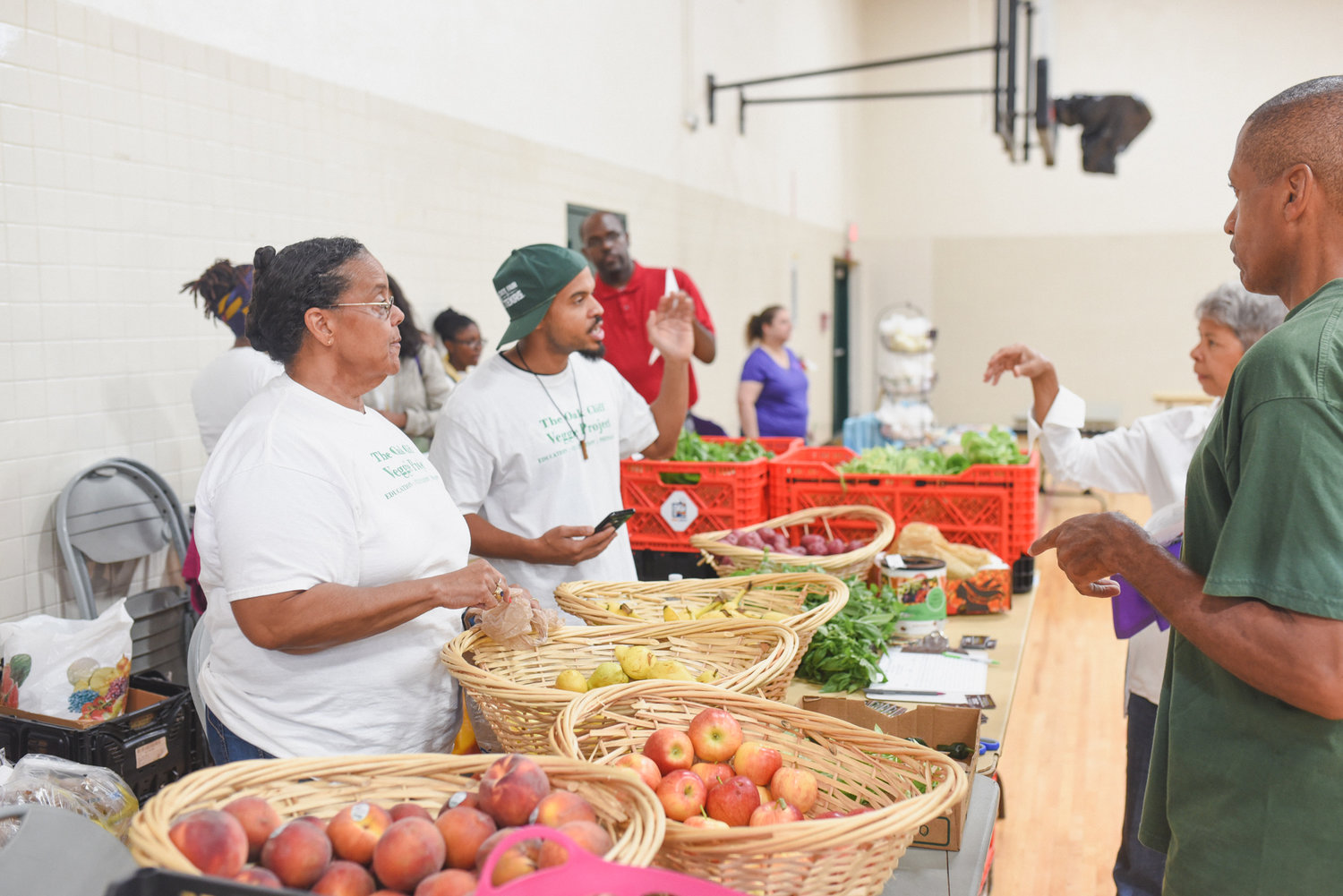
The Oak Cliff Veggie Project: Distribution and Storage with Slow Food Dallas. Dallas, Texas.
Slow Food is a global, grassroots organization, with initiatives that protect and promote economic, social and environmental sustainability. In the USA, over 100 volunteer-run local chapters are integrated into the local food economy, and groups like Slow Fish and Slow Food Turtle Island Association have deep relationships nationwide. This diffused and rooted network of farmers, producers, processors, chefs and educators are committed to taking care of our planet and keeping traditional techniques alive. They understand the unique needs of their communities.

The Sister Farms project with Slow Food East Bay. Central Valley, CA.

Who It Benefits and How We Prioritize
Participation will be available to Slow Food chapters and communities who are actively collaborating with farmers, ranchers, fish-harvesters, chefs and others who:
- prioritize food access to vulnerable communities
- play a pivotal role in the local community
- respect the Slow Food values of good, clean and fair food
- and are not able to get enough support from state or federal funds
We will prioritize chapter and partner efforts that support Black, Indigenous, people of color and women. Grantees are selected by SFUSA staff together with a diverse panel of coordinators and partners. Funds are distributed directly from Slow Food USA to the chapters and acting partners.
Outcomes
As we listen to the network, it is clear that each region, each state and each community has vastly different needs. We cannot dictate a one-size-fits-all approach at the national level. Instead, we will rely on the producers, partners and Slow Food leaders to tell us what their community needs to build resilience. But the outcomes of this fund do share commonalities:
- A shortened supply chain between producers and consumers, creating diversified markets for long-term resilience, enabling direct sales to consumers, and improving livelihoods of local food workers.
- Improved nutrition and food security for households in vulnerable communities, with healthy and fresh food available instead of only shelf-stable foods from corporate chains.
- Retention of employees, creating stability for families in vulnerable sectors.
- Increased synergies between diverse stakeholders in the food chain, connecting tools and channels for direct selling, building partnerships between producers and local partners, and creating long-term robust local food economies.
Contact
Anna Mulé
Slow Food USA Executive Director
anna@slowfoodusa.org | 718-260-8000 x152

